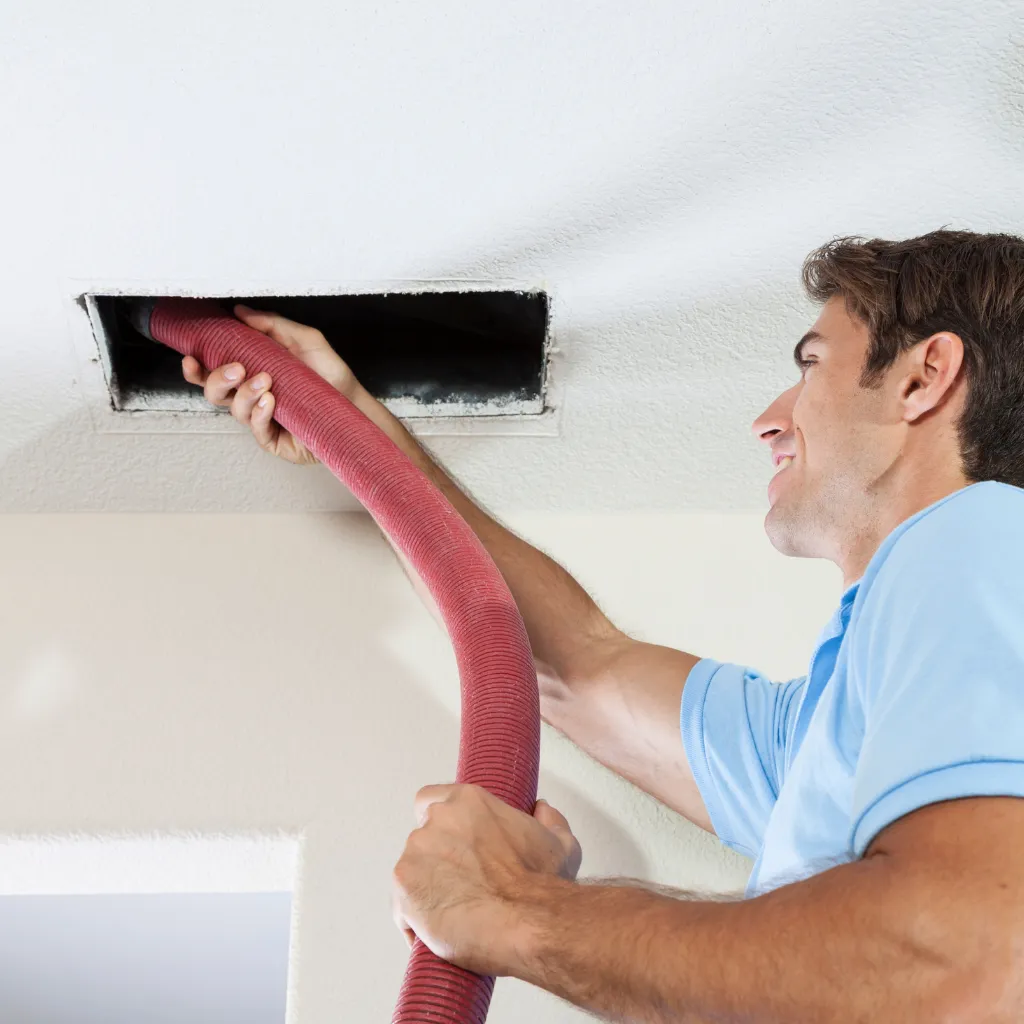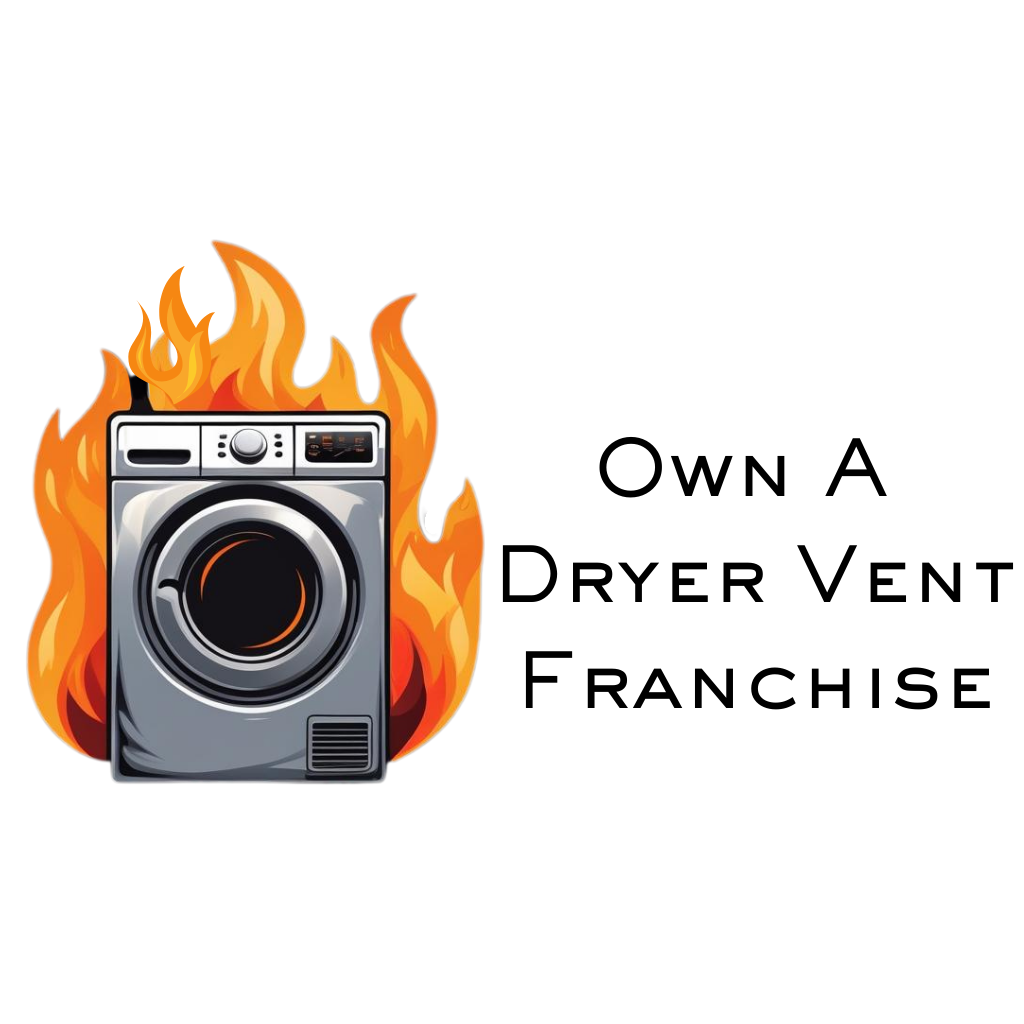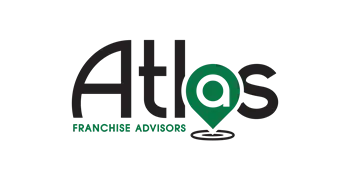Ductz
Pros and Cons
Ductz
Pros and Cons
Pros of Owning a Ductz Franchise
1. Trusted Brand in Indoor Air Quality:
*DUCTZ is a nationally recognized leader in HVAC system cleaning, restoration, and indoor air quality services.
*Backed by Belfor Franchise Group, giving franchisees access to strong operational support, training, and brand power.
2. Essential Service with Year-Round Demand:
*The need for clean indoor air is growing—DUCTZ addresses health, safety, and energy efficiency concerns.
*Services include air duct and dryer vent cleaning, HVAC restoration, and microbial control, providing multiple income streams.
*Ideal for residential homes, commercial buildings, healthcare facilities, and more.
3. Scalable Model with Recurring Revenue:
*Opportunity for repeat business through ongoing maintenance and service agreements.
*B2C and B2B revenue streams, with strong potential for corporate contracts and insurance partnerships.
4. Strong Support and Training:
*Comprehensive training program covers technical skills, marketing, operations, and customer service.
*Ongoing field support, business coaching, and access to a network of fellow franchisees.
5. Marketing Tools and National Brand Power:
*National advertising campaigns and local marketing resources provided.
*Access to digital tools and lead generation systems to build brand awareness and grow locally.
*Partnerships with property managers, restoration firms, and insurance providers help build credibility.
6. Differentiated from Traditional HVAC Services:
*Unlike traditional HVAC repair businesses, DUCTZ focuses on restoration and cleaning making it a niche player in an underserved space.
*Growing public awareness of indoor air quality fuels demand.
7. Mission-Driven, Community Impact:
*Opportunities to educate customers on air quality and energy efficiency, while building a business that helps people breathe easier.
Financials:
*Franchise Fee: $49,900
*Cash Required: $50,000
*Total Investment Range: $166,864 - $227,974
*Net Worth: $200,000
*Royalties: 10%
*Subject to change.
Cons of Owning a Ductz Franchise
1. Physically Demanding Work at First:
*While executive ownership is possible, early stages may require hands-on work, especially if starting solo.
*Tasks may involve climbing, lifting, and working in attics or crawl spaces.
2. Technical Learning Curve:
*The work is specialized. Even with training, there’s a learning curve for those without HVAC or home services experience.
*Precision and attention to detail are critical for success.
3. Investment of Time to Build Reputation:
*Local marketing, networking, and trust-building are key especially in the first 12–24 months.
*May require weekend or off-hours work to meet customer needs.
4. Market Size Matters:
*Best suited for metro and suburban markets with sufficient population density.
*Smaller or rural markets may have limited commercial demand and slower growth.
5. Local Lead Generation Still Needed:
*National marketing helps, but franchisees must actively pursue local partnerships and leads.
*Effort is required to secure commercial contracts, especially early on.
6. Growth May Depend on Territory Availability:
*Franchisees interested in scaling may face territory limitations or need to plan carefully for expansion.

🎯Ideal Franchisee Profile:
*Detail-Oriented Operators: Comfortable with technical services and following strict procedures.
*Health & Safety Advocates: Passionate about improving air quality and helping people live healthier lives.
*Business Builders: Interested in recurring revenue and creating long-term customer relationships. Ready to train and manage technicians while scaling operations.
*Community Connectors: Willing to engage locally, educate customers, and build trust.
Pros of Owning a Ductz Franchise
1. Trusted Brand in Indoor Air Quality:
*DUCTZ is a nationally recognized leader in HVAC system cleaning, restoration, and indoor air quality services.
*Backed by Belfor Franchise Group, giving franchisees access to strong operational support, training, and brand power.
2. Essential Service with Year-Round Demand:
*The need for clean indoor air is growing—DUCTZ addresses health, safety, and energy efficiency concerns.
*Services include air duct and dryer vent cleaning, HVAC restoration, and microbial control, providing multiple income streams.
*Ideal for residential homes, commercial buildings, healthcare facilities, and more.
3. Scalable Model with Recurring Revenue:
*Opportunity for repeat business through ongoing maintenance and service agreements.
*B2C and B2B revenue streams, with strong potential for corporate contracts and insurance partnerships.
4. Strong Support and Training:
*Comprehensive training program covers technical skills, marketing, operations, and customer service.
*Ongoing field support, business coaching, and access to a network of fellow franchisees.
5. Marketing Tools and National Brand Power:
*National advertising campaigns and local marketing resources provided.
*Access to digital tools and lead generation systems to build brand awareness and grow locally.
*Partnerships with property managers, restoration firms, and insurance providers help build credibility.
6. Differentiated from Traditional HVAC Services:
*Unlike traditional HVAC repair businesses, DUCTZ focuses on restoration and cleaning making it a niche player in an underserved space.
*Growing public awareness of indoor air quality fuels demand.
7. Mission-Driven, Community Impact:
*Opportunities to educate customers on air quality and energy efficiency, while building a business that helps people breathe easier.
Financials:
*Franchise Fee: $49,900
*Cash Required: $50,000
*Total Investment Range: $166,864 - $227,974
*Net Worth: $200,000
*Royalties: 10%
*Subject to change.
Cons of Owning a Ductz Franchise
1. Physically Demanding Work at First:
*While executive ownership is possible, early stages may require hands-on work, especially if starting solo.
*Tasks may involve climbing, lifting, and working in attics or crawl spaces.
2. Technical Learning Curve:
*The work is specialized. Even with training, there’s a learning curve for those without HVAC or home services experience.
*Precision and attention to detail are critical for success.
3. Investment of Time to Build Reputation:
*Local marketing, networking, and trust-building are key especially in the first 12–24 months.
*May require weekend or off-hours work to meet customer needs.
4. Market Size Matters:
*Best suited for metro and suburban markets with sufficient population density.
*Smaller or rural markets may have limited commercial demand and slower growth.
5. Local Lead Generation Still Needed:
*National marketing helps, but franchisees must actively pursue local partnerships and leads.
*Effort is required to secure commercial contracts, especially early on.
6. Growth May Depend on Territory Availability:
*Franchisees interested in scaling may face territory limitations or need to plan carefully for expansion.

🎯Ideal Franchisee Profile:
*Detail-Oriented Operators: Comfortable with technical services and following strict procedures.
*Health & Safety Advocates: Passionate about improving air quality and helping people live healthier lives.
*Business Builders: Interested in recurring revenue and creating long-term customer relationships. Ready to train and manage technicians while scaling operations.
*Community Connectors: Willing to engage locally, educate customers, and build trust.

